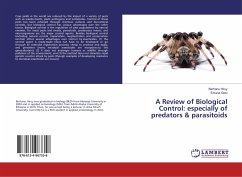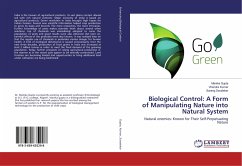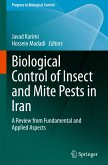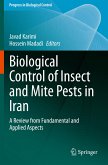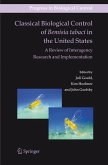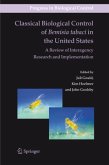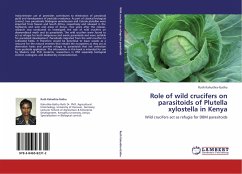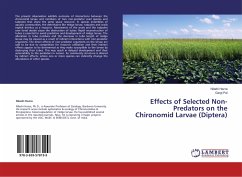Crop yields in the world are reduced by the impact of a variety of pests such as weeds,insects, plant pathogens and nematodes. Control of these pests has been achieved through chemical, cultural, and bio-rational controls, but biological control has unique advantages over the other tactics. Biological control is the regulation of pest populations by natural enemies. For insect pests and weeds, parasitoids, predaceous insects, and microorganisms are the major control agents. Besides, biological control (including natural control, importation, augmentation and conservation control) offers several advantages over control by insecticides: (1) the control agent is ready-made (does not have to be developed or go through an extensive registration process), cheap to produce and apply, and persistent (many microbial insecticides are exceptions to this generalization); (2) it does not endanger humans or wildlife through pollution of the environment; and (3) the method does not stimulate rapid genetic counter attack by pests (though examples of developing resistance to microbial insecticides are known)
Bitte wählen Sie Ihr Anliegen aus.
Rechnungen
Retourenschein anfordern
Bestellstatus
Storno

